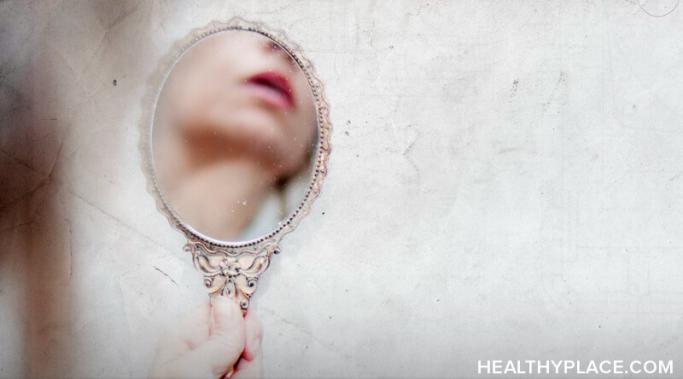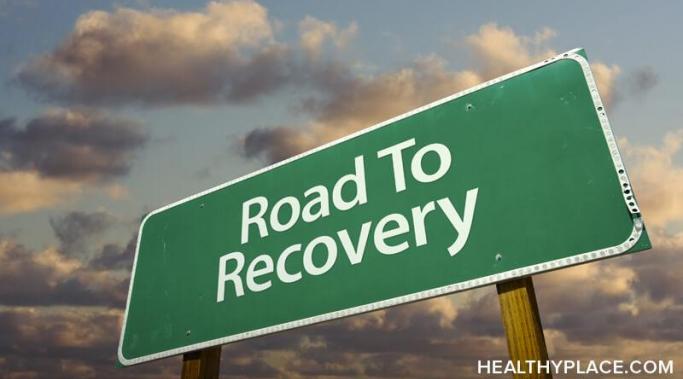Intimacy can be such a tabooed and feared topic, especially for those of us with dissociative identity disorder (DID) who have been subjected to years of prolonged abuse and unwanted touch. The very idea of intimacy denotes something very private, closely personal, and not prone to discussion. However, if true healing is to be obtained, those with dissociative identity disorder must discuss concerns of intimacy, closeness, and vulnerability in order to help heal and to have his or her needs met in their relationships.
DID Symptoms
Do you know how many alters your system contains? Can you ever really know how many parts you have?
Antipsychotic medications for dissociative identity disorder (DID) are sometimes used although DID is not treated with psychiatric medications like other mental illnesses are. However, there are medications that can help alleviate the symptoms that tend to go along with DID. These symptoms include difficulty sleeping, panic, anxiety, depression, and mood instability, among others. Antipsychotic medications are one type of medication commonly prescribed to people with DID, but they carry a huge stigma. Does taking an antipsychotic medication when you have DID mean that you are psychotic?
Knowing how to balance being independent and asking for help is hard enough, and when you have dissociative identity disorder (DID), it can be even harder. People with DID and other specified dissociative disorder (OSDD) have often experienced prolonged trauma in childhood, which in turn disrupts their sense of self and sense of their own abilities. This disruption can last through adulthood. But does that mean it's too late to learn how to balance dependence and independence?
Surviving vs thriving: What you're doing to cope with dissociative identity disorder (DID) depends on your state of mind. Do you call yourself a survivor or a thriver? One dictionary defines the word "survive" as continuing to live or to simply exist. Another dictionary defines "survive" as to live through a dangerous situation. For those of us with dissociative identity disorder, surviving comes naturally. Developing DID was our only means of survival as children. As adults, could there be more for us than just surviving DID? Are we just going to live with DID, endure and get by with its many complications? Is surviving all there is to life? Could we actually learn to thrive with DID, to prosper, flourish, and succeed? What is the difference in surviving and thriving with dissociative identity disorder?
Alter switching and dissociative identity disorder (DID) are interdependent. The term "'switching" means simply to change, but, in reference to DID, it means to change a part, an alter, or a headmate, as they are called. Everyone has parts that comprise his or her personality. You might have remarked before, "Part of me really wants to improve my health." For someone to reference a single part of their personality is normal, but for those of us with DID, we experience more extreme parts of ourselves that have their own thoughts, opinions, beliefs, wishes, needs, etc. The switching of these parts is difficult, jarring, and disconcerting. If you have DID or know someone with DID, it is important to understand the signs of when someone with dissociative identity disorder is switching alters and what you can do.
Do we need to remember and process all traumatic memories in order to heal from dissociative identity disorder (DID)? When it comes to the complicated disorder of DID, there frequently are more questions than there are answers, and the explanation of the above question is no less difficult. Before I provide an answer, it is important to understand the way our emotional traumatic memories work and what it actually means to process and heal from them.
There are positive effects of dissociative identity disorder. There. I said it.
Managing dissociation when you have dissociative identity disorder (DID) is easier when you feel safe and secure. When the system feels safe, it is easier to function more effectively. But what happens when the environment changes and all of a sudden, that sense of safety is gone? Is it still possible to manage dissociation when you don't have a secure environment to live in?
Life with dissociative identity disorder (DID) is most likely different than you've imagined. Perhaps you've heard the horror stories or seen the movies portraying us as killers, psychopaths, crazies, or dangers to society. Perhaps if you have been diagnosed with dissociative identity disorder, you might have compared your experiences with DID to that of others, wondering if your symptoms are "right" or if you're "normal." People are curious about the disorder because of the common misconceptions about DID. What is real and what is concocted? What is a day in the life of someone with dissociative identity disorder truly like?









